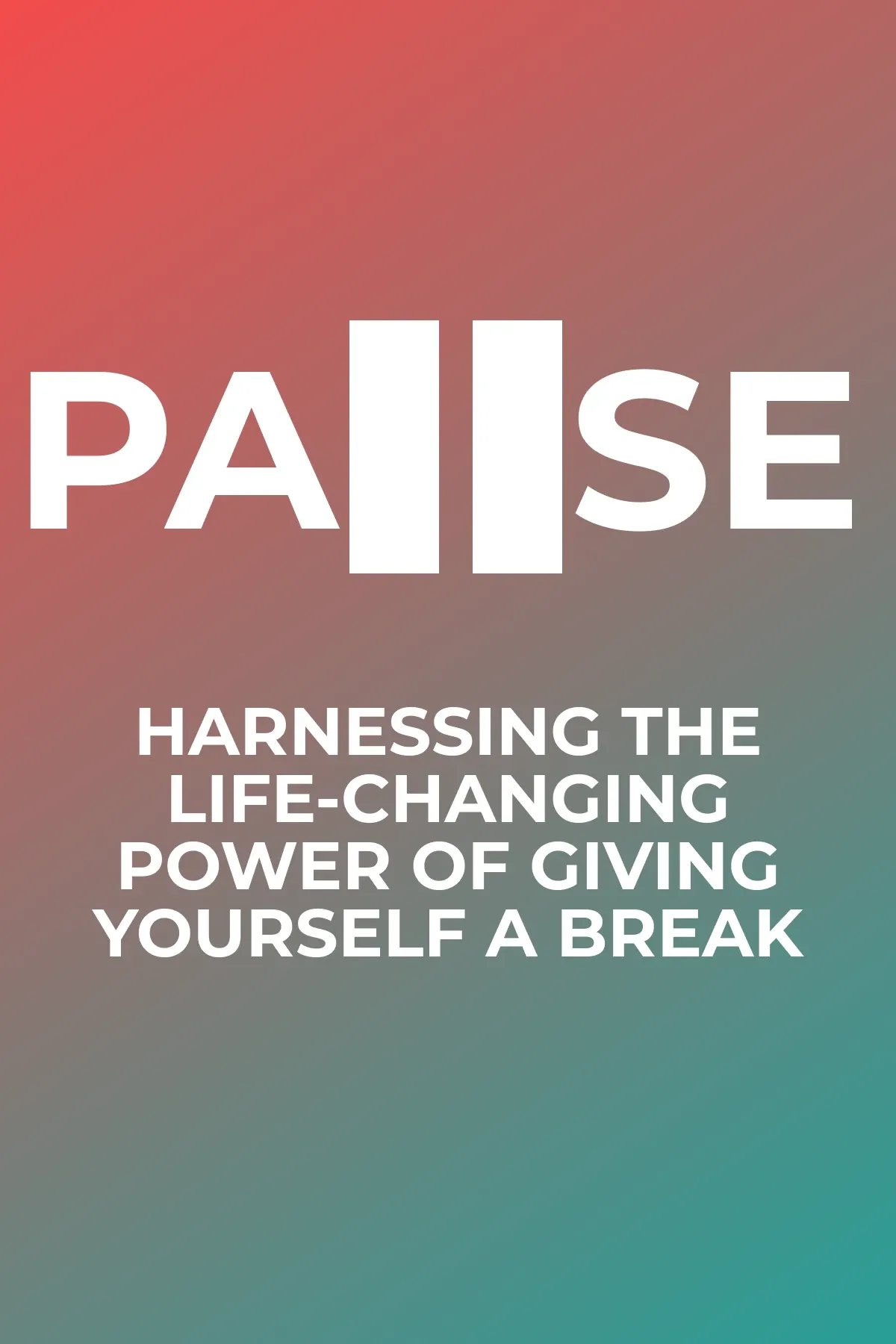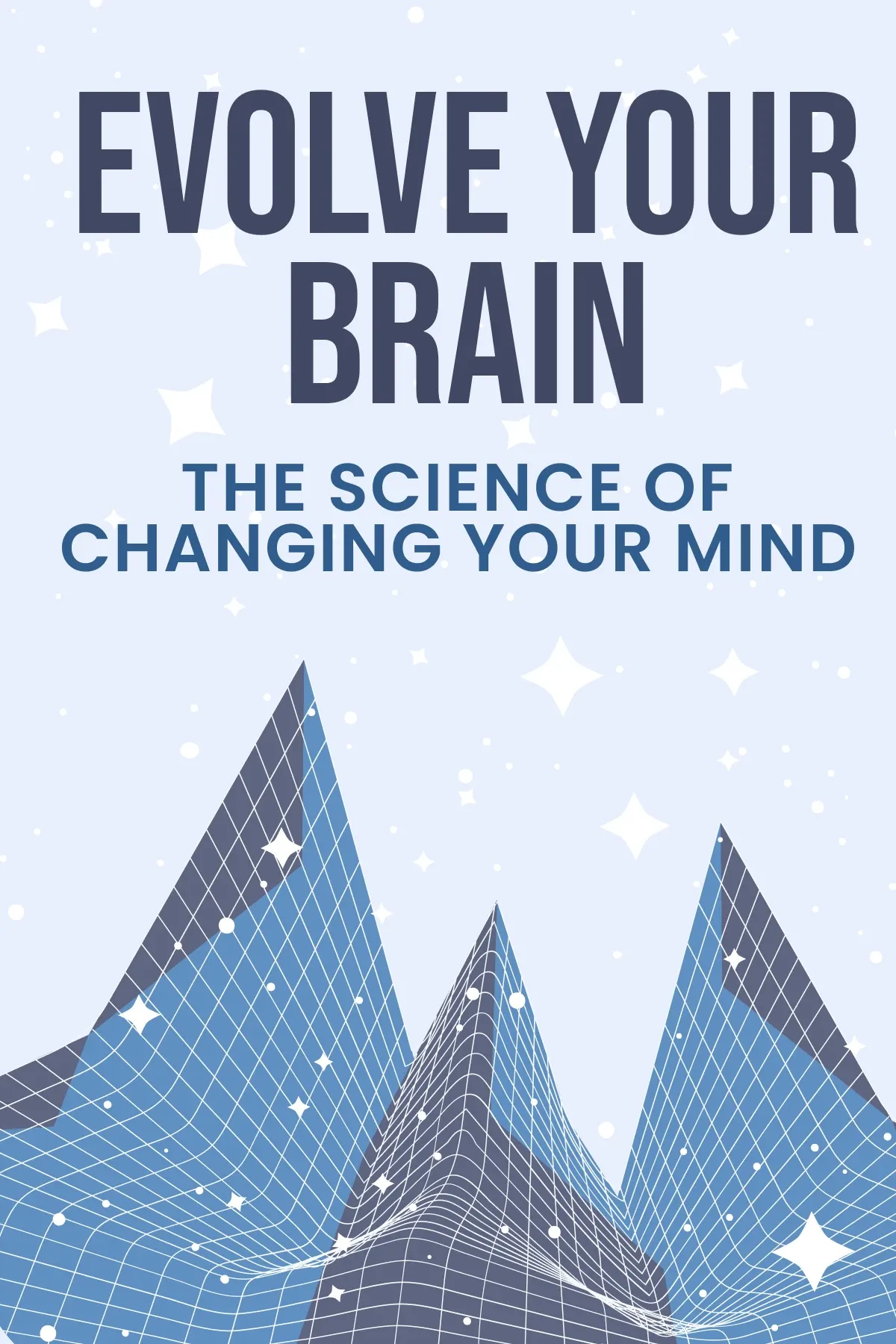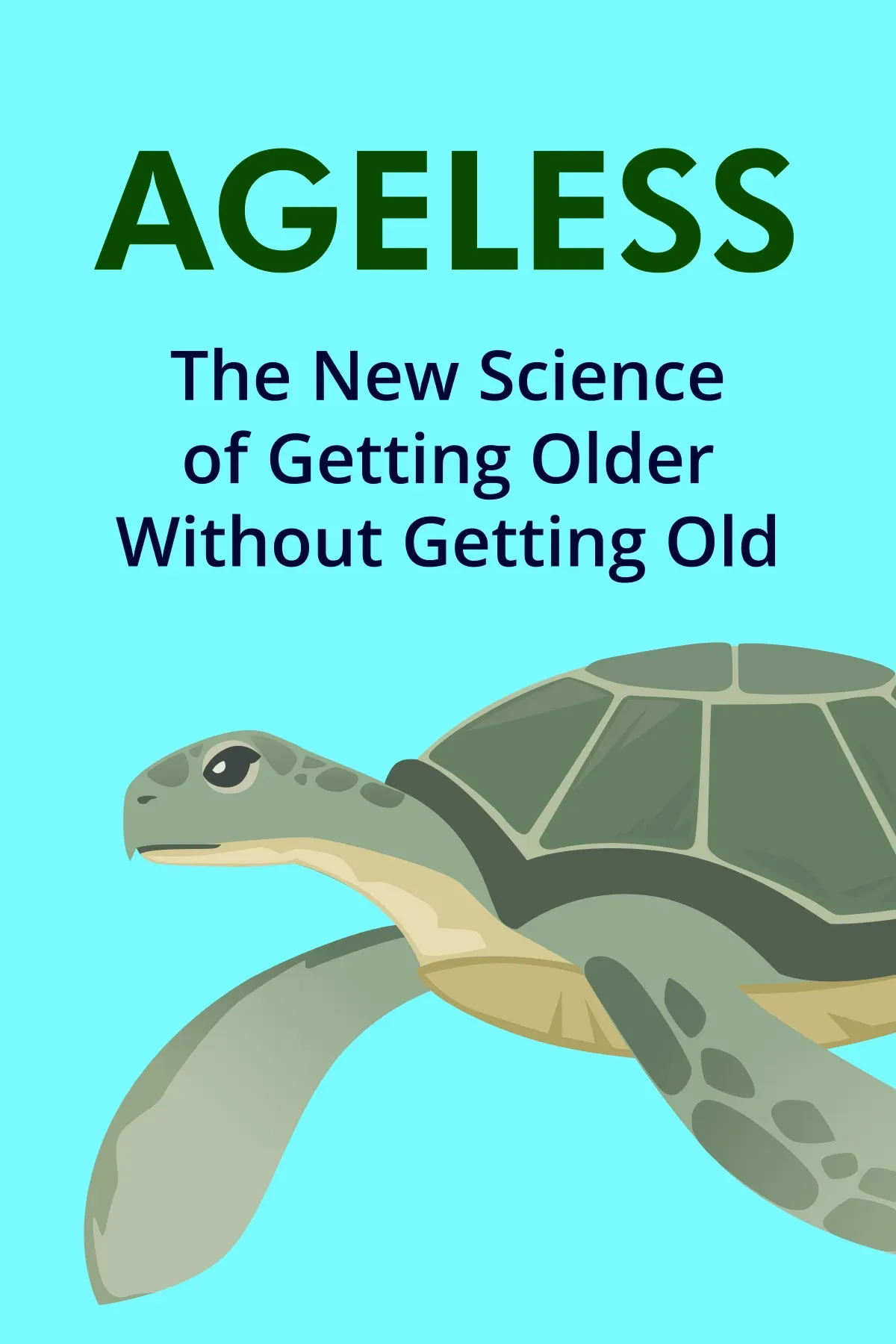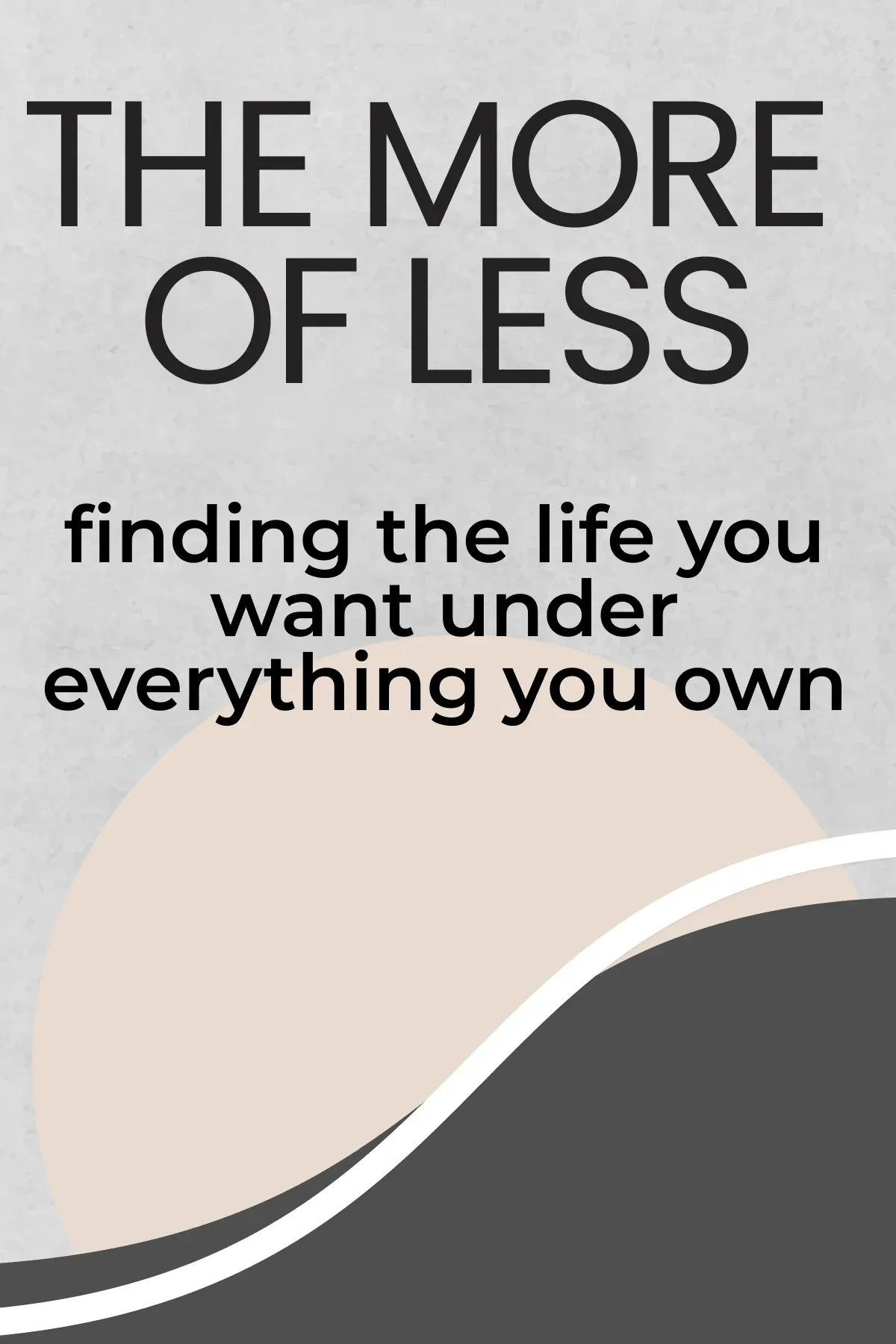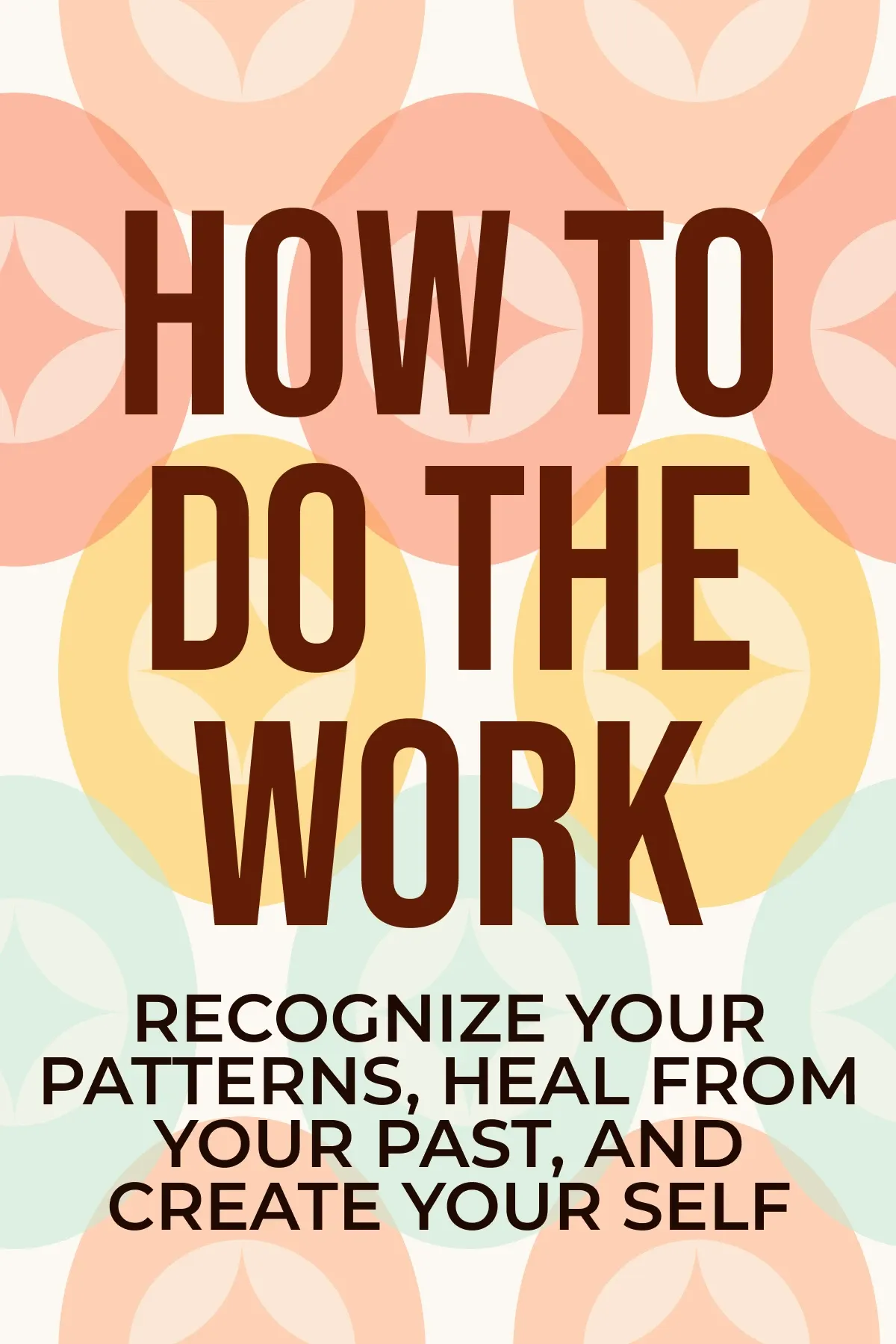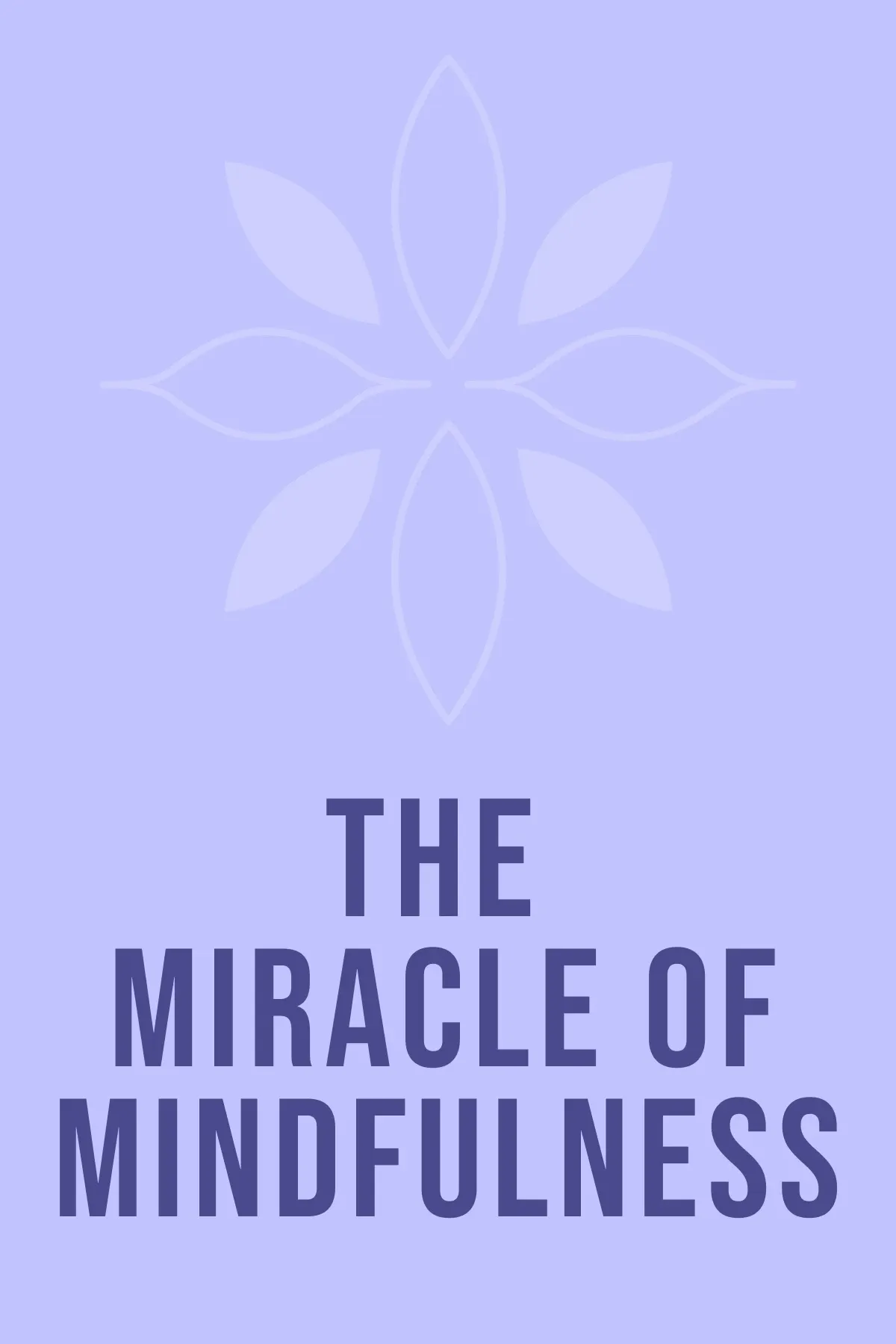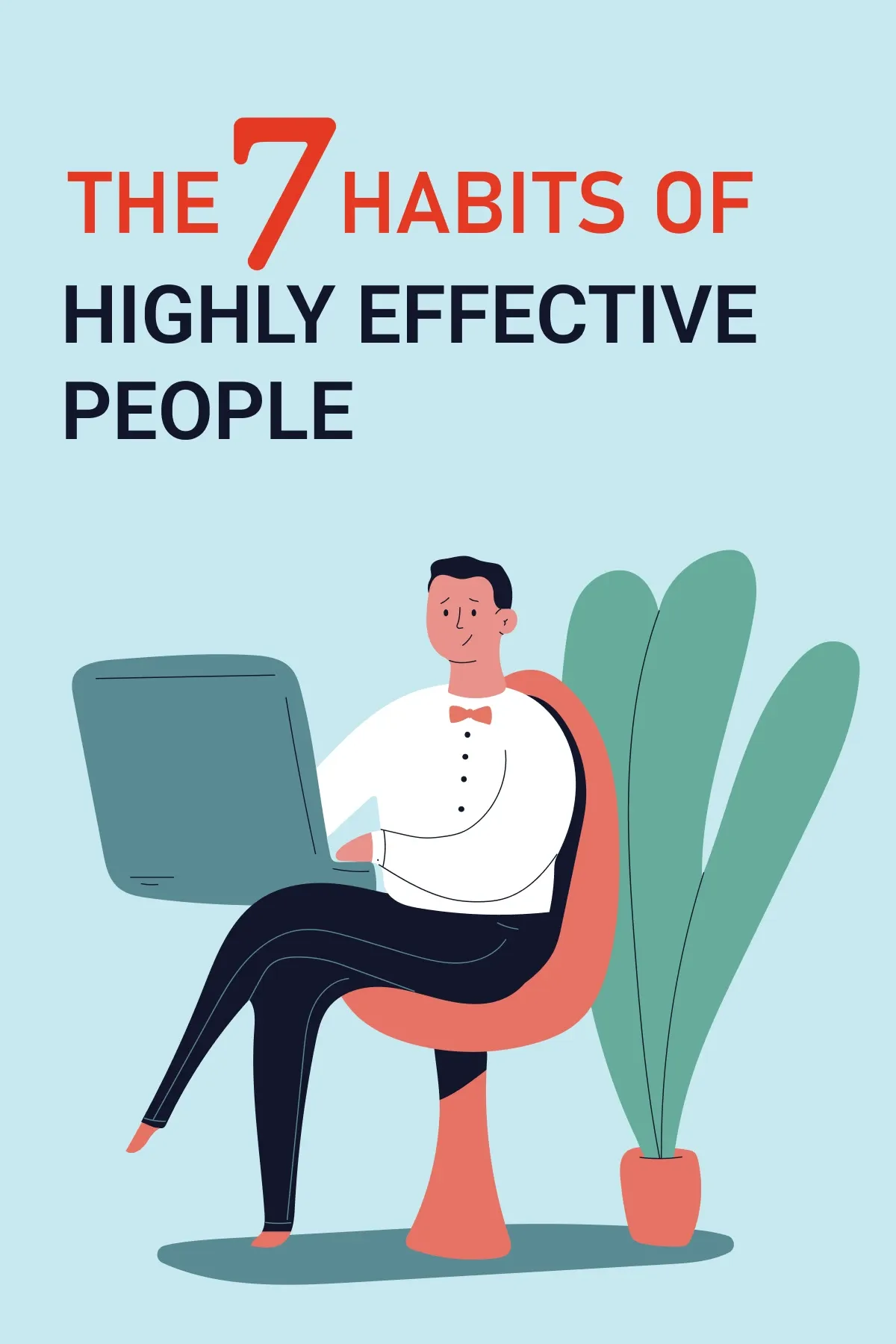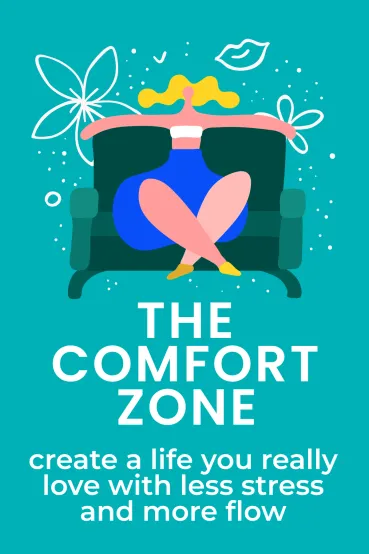
The Comfort Zone
Brief Summary
“The Comfort Zone” by Kristen Butler analyzes the problem of finding an appropriate and rational way of self-development. Through numerous practical and real-life examples, the author explores why the comfort zone is the best mental state for achieving personal goals, while discomfort brings nothing but self-devastation and depression.
Key points
Key idea 1 of 6
While perusing a motivational or self-help book, you are likely to chance upon such a keynote idea: the very prerequisite of advancement is spurring oneself to leave a comfort zone. Due to being affected by such narratives since her childhood, the author has favored a certain idea. It was that she would never succeed in what she was doing without self-encouragement, constant striving for improvement and submerging in her zone of discomfort.
Initially, this approach seemed fruitful. She hit the books eagerly, immersed herself in accomplishing the objectives, and constantly worked on them. The author persuaded herself of the benefit of quitting her comfort zone. Thus, she communicated with people night and day, even though she was an introvert. She also scheduled as many activities as possible in college and distanced herself from distressing feelings.
At the same time, this approach led to her being died out. Although she was highly praised for her advancing, she faced feelings of apathy and desolation. Furthermore, she used to eschew the insight and mistreat her essentials. Under such circumstances, she failed to recognize the hints of a forthcoming exhaustion. By the time she was in her early twenties, she had experienced such mental disorders, like depression and anxiety, putting on extra weight and an entire burning out. She saw clearly the need to change something for the better since she treated herself like an outsider. However, a few more failures should have occurred before achieving the aim.
Completely drained, she started listening to the inner voice, which told her not to be afraid of being herself – a delighted, buoyant person. She needed to quit being obsessed with carrying out deeds tied to her self-esteem. She aimed to be the person who is eager to dedicate the time to thinking over and building relationships with others and herself. After focusing on these patterns, things started to fall into place, and her prosperity began to flourish.
FAQ
You may also like these summaries


